A comedy set on New Year’s Eve 1999 in a luxurious hotel in the Swiss Alps where the lives of various guests and those who work for them intersect.
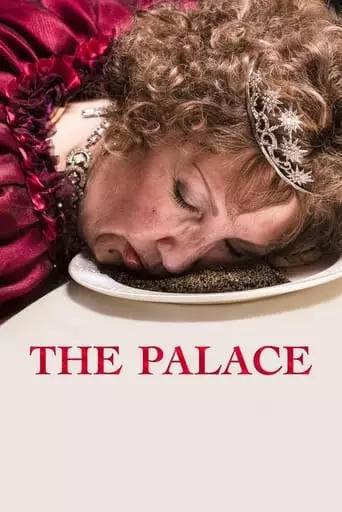
A comedy set on New Year’s Eve 1999 in a luxurious hotel in the Swiss Alps where the lives of various guests and those who work for them intersect.
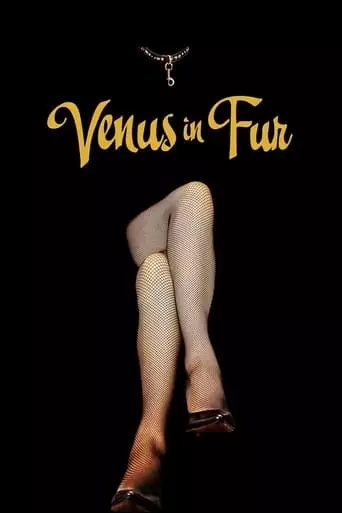
An enigmatic actress may have a hidden agenda when she auditions for a part in a misogynistic writer’s play.
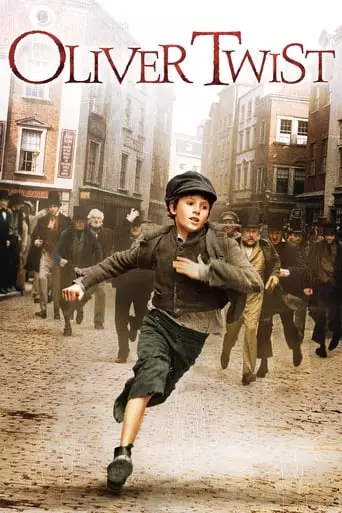
Oliver Twist the modern filmed version of Charles Dickens bestseller, a Roman Polanski adaptation. The classic Dickens tale, where an orphan meets a pickpocket on the streets of London. From […]
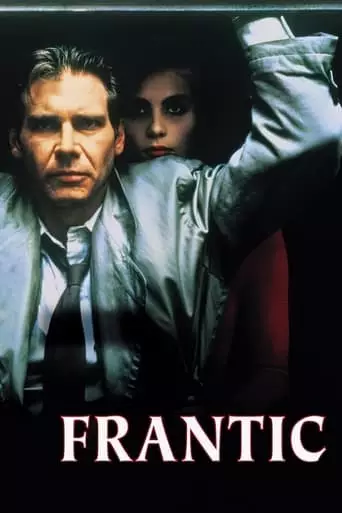
The wife of an American doctor suddenly vanishes in Paris and, to find her, he navigates a puzzling web of language, locale, laissez-faire cops, triplicate-form filling bureaucrats and a defiant, […]
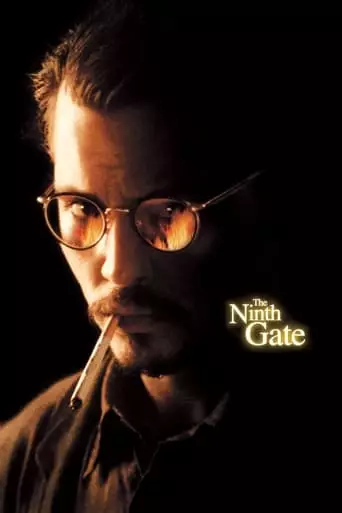
An all-expenses-paid international search for a rare copy of the book ‘The Nine Gates of the Kingdom of Shadows’ brings an unscrupulous book dealer deep into a world of murder, […]
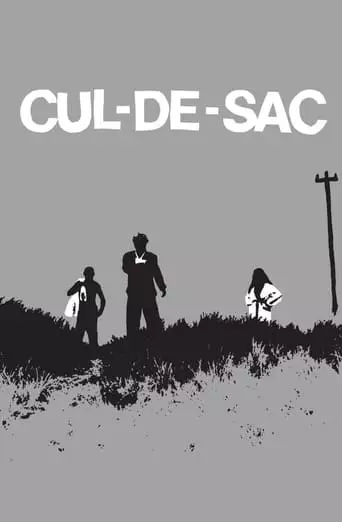
A wounded criminal and his dying partner take refuge at an old beachfront fortress. The owner of the fortress and his young wife, initially unwilling hosts, quickly experience their relationship […]
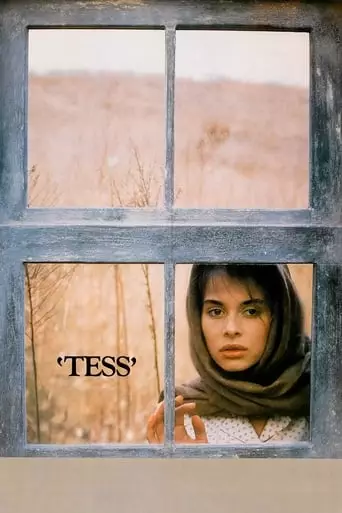
A strong-willed peasant girl is sent by her father to the estate of some local aristocrats to capitalize on a rumor that their families are from the same line, but […]
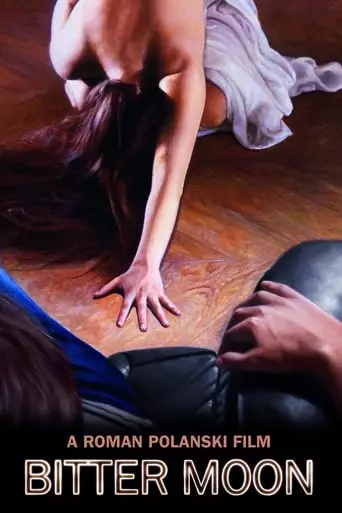
A passenger on a cruise ship develops an irresistible infatuation with an eccentric paraplegic’s wife.
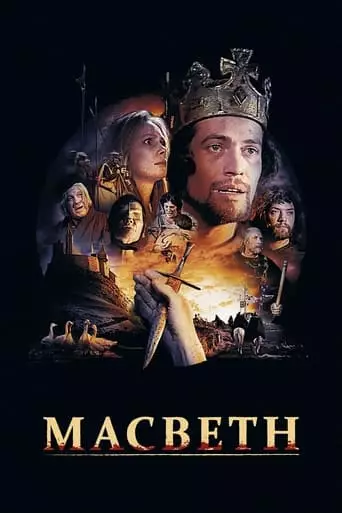
Scotland, 11th century. Driven by the twisted prophecy of three witches and the ruthless ambition of his wife, warlord Macbeth, bold and brave, but also weak and hesitant, betrays his […]
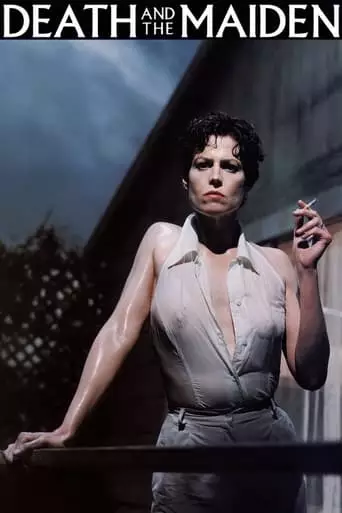
A political activist is convinced that her guest is a man who once tortured her for the government. Death and the Maiden (1994), directed by Roman Polanski, is an intense […]
oman Polanski: A Master of Atmospheric and Psychological Storytelling
Roman Polanski, born August 18, 1933, in Paris, France, is a filmmaker whose career has been marked by both extraordinary artistry and personal controversy. Renowned for his ability to create deeply unsettling and atmospheric films, Polanski’s work spans genres and eras, yet consistently explores themes of paranoia, isolation, and the darker corners of the human psyche. His meticulous craftsmanship and bold storytelling have earned him critical acclaim, numerous awards, and a place among the most influential directors in the history of cinema.
Early Life and Influences
Polanski’s early life was shaped by trauma and survival. Raised in Poland during World War II, he endured the horrors of the Holocaust, which claimed the lives of his mother and many other relatives. These harrowing experiences profoundly influenced his later films, infusing them with a sense of dread, existential uncertainty, and the fragility of human existence.
After the war, Polanski pursued his passion for cinema at the Łódź Film School in Poland, where his talent for visual storytelling began to flourish. His early short films, such as Two Men and a Wardrobe (1958), showcased his penchant for surrealism and dark humor, garnering attention from the international film community.
Breakthrough and Rise to Fame
Polanski’s feature debut, Knife in the Water (1962), marked a turning point in his career. This taut, minimalist thriller about a love triangle set aboard a sailboat became the first Polish film to be nominated for an Academy Award for Best Foreign Language Film. It introduced audiences to Polanski’s signature style: psychological tension, confined settings, and a focus on human fragility.
After the success of Knife in the Water, Polanski transitioned to working in the West, directing films in Europe and the United States.
Key Films and Themes
“Repulsion” (1965)
Polanski’s first English-language film is a harrowing psychological thriller about a young woman’s descent into madness. Starring Catherine Deneuve, the film combines claustrophobic visuals, unsettling sound design, and a masterful depiction of psychosis. Repulsion remains a seminal work in the psychological horror genre.
“Rosemary’s Baby” (1968)
One of Polanski’s most iconic films, Rosemary’s Baby is a chilling tale of paranoia and supernatural terror. Mia Farrow’s haunting performance as a pregnant woman convinced her neighbors are part of a satanic cult anchors the film’s slow-building dread. The movie’s blend of psychological and occult horror has made it a timeless classic and one of the most influential horror films ever made.
“Chinatown” (1974)
A neo-noir masterpiece, Chinatown is widely regarded as one of the greatest films of all time. Starring Jack Nicholson and Faye Dunaway, the film explores themes of corruption, power, and betrayal in 1930s Los Angeles. Polanski’s direction, paired with Robert Towne’s Oscar-winning screenplay, created a film that is both an homage to classic noir and a reinvention of the genre.
“The Pianist” (2002)
Drawing from his own experiences during World War II, Polanski directed The Pianist, a devastating portrayal of a Jewish pianist’s survival in Nazi-occupied Warsaw. The film won the Palme d’Or at Cannes and earned Polanski an Academy Award for Best Director, cementing his reputation as a master storyteller capable of confronting deeply personal and historical themes.
Recurring Themes
Polanski’s films often explore:
Paranoia and Isolation: Many of his protagonists are trapped—physically, emotionally, or psychologically—by forces beyond their control (Repulsion, Rosemary’s Baby, The Tenant).
Moral Ambiguity: His characters frequently operate in morally complex worlds, reflecting the shades of gray in human behavior (Chinatown, The Ghost Writer).
Survival and Trauma: Polanski’s own life experiences have informed his narratives about resilience and the lingering effects of trauma (The Pianist, Knife in the Water).
Atmosphere and Detail: Polanski’s meticulous attention to detail and his ability to create immersive atmospheres have become hallmarks of his work.
Controversies
Polanski’s personal life has often overshadowed his career. In 1977, he was charged with the sexual assault of a 13-year-old girl and subsequently fled the United States to avoid sentencing. This legal case has remained a point of significant controversy, influencing how his work is received and discussed. While Polanski has continued to make films, his past has sparked debates about the separation of art and artist, with some calling for boycotts of his work and others defending his artistic contributions.
Later Career
Despite the controversies, Polanski has continued to direct acclaimed films.
“The Ghost Writer” (2010): A political thriller starring Ewan McGregor and Pierce Brosnan, this film explores themes of deception and power. It earned Polanski a César Award for Best Director.
“Carnage” (2011): Based on Yasmina Reza’s play, this dark comedy focuses on the escalating tensions between two couples. The confined setting showcases Polanski’s talent for extracting tension and humor from human interactions.
“An Officer and a Spy” (2019): This historical drama about the Dreyfus Affair won multiple awards in Europe, reflecting Polanski’s continued relevance in international cinema.
Awards and Legacy
Polanski’s work has earned numerous accolades, including:
Palme d’Or for The Pianist (2002).
Academy Award for Best Director (The Pianist).
BAFTA, César, and Golden Globe Awards for various films.
His influence can be seen in the work of filmmakers like Darren Aronofsky, David Fincher, and Ari Aster, who have drawn inspiration from his mastery of psychological tension and atmosphere.
Conclusion
Roman Polanski’s career is a study in contrasts: a brilliant artist whose personal life has been marked by controversy and legal battles. His films, characterized by their psychological depth, moral complexity, and meticulous craftsmanship, remain landmarks in cinema. While debates about his legacy persist, there is no denying Polanski’s profound impact on the art of filmmaking, as he continues to captivate and challenge audiences with his work.